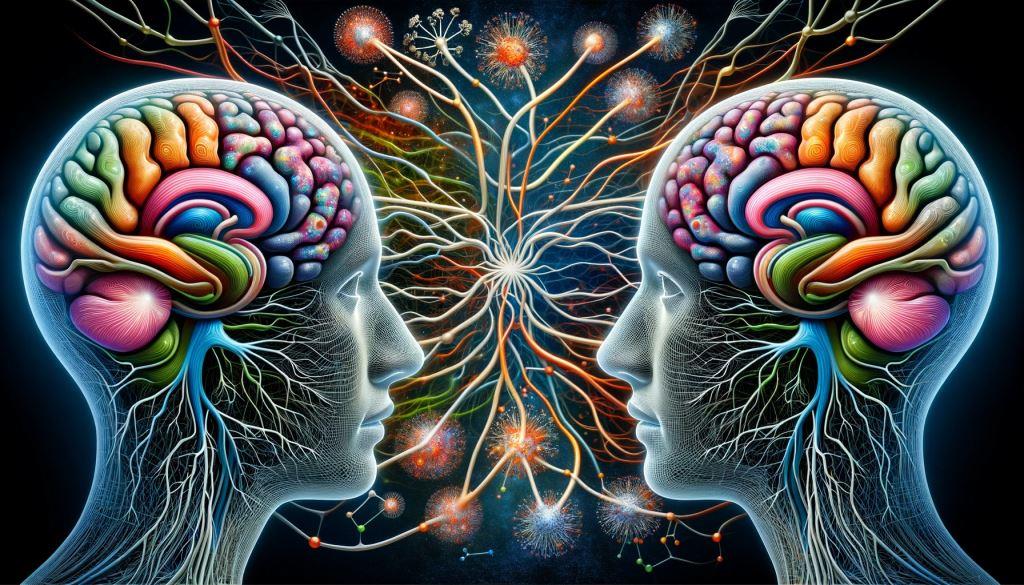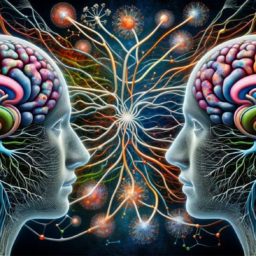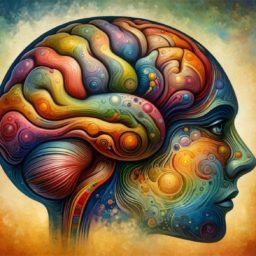Introduction: the Neuroscience of Conversation Conversations trigger changes in the brain
Detailed ResourcesHarvard Business Review: The Neurochemistry of Positive Conversations by Judith E. Glaser and Richard D. Glaser (2014)Blook Search Search for: Continue reading Introduction: the Neuroscience of Conversation Conversations trigger changes in the brain






